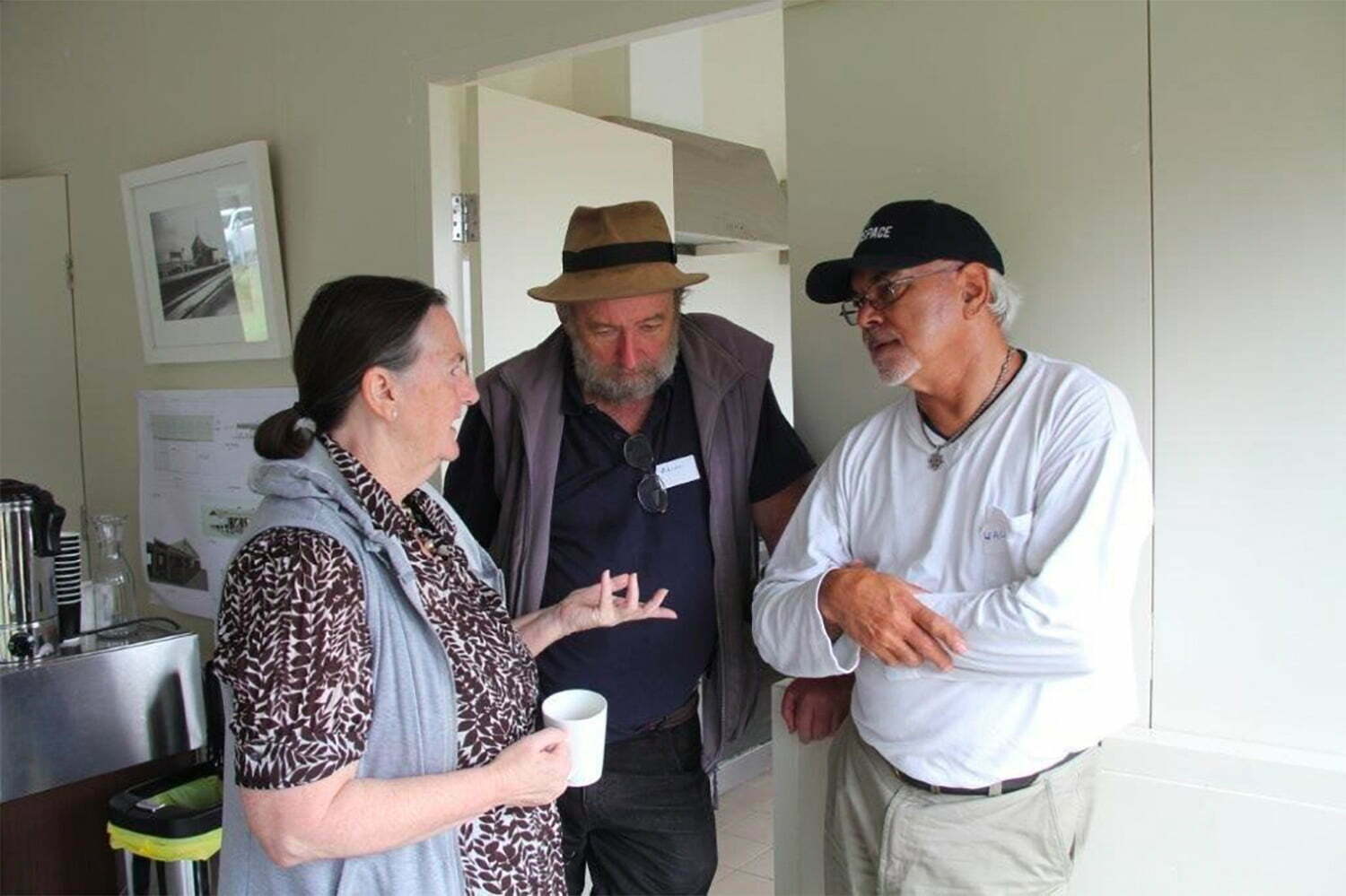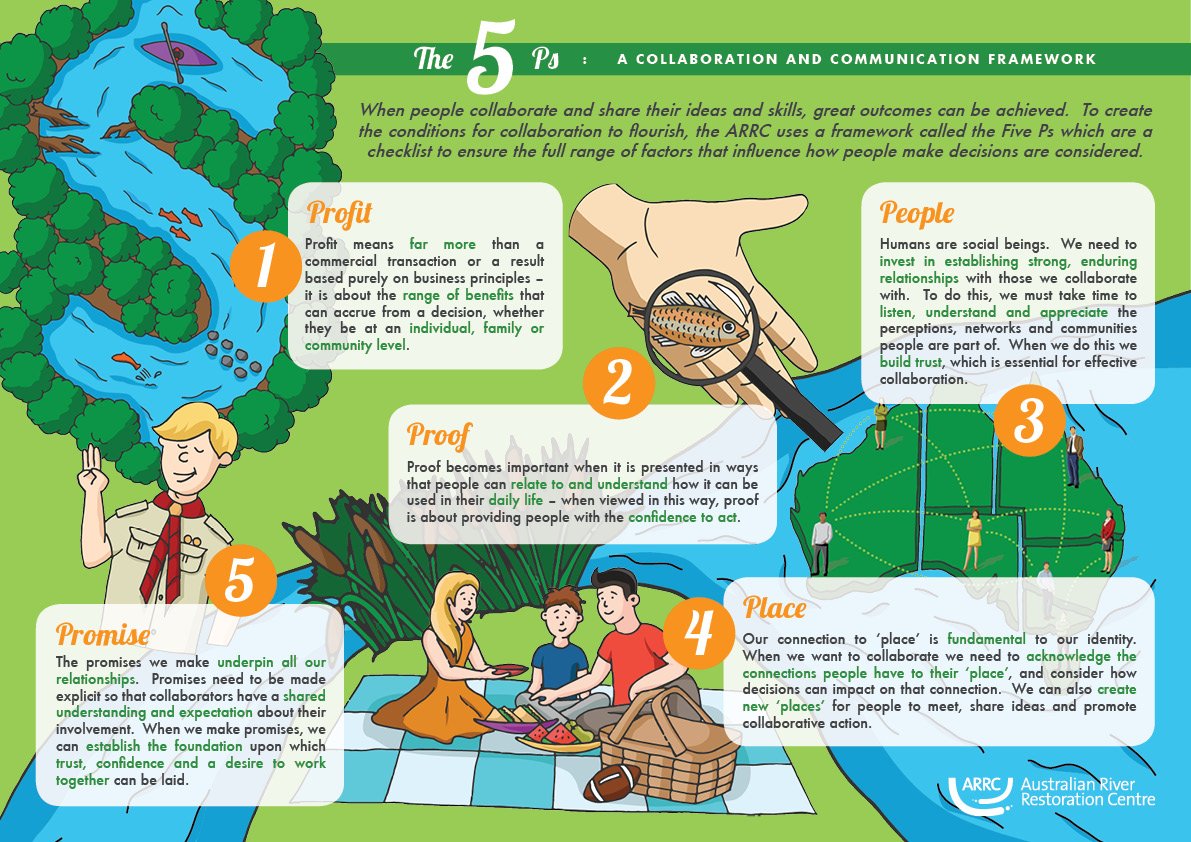
In addition to the biophysical measures are the qualitative measures we use to evaluate our work. We use narrative capture, video, interviews and surveys to find out how our work inspires and supports behavioural change. The best way to discover the outcomes of our work is to go through the different events we have held, as we always include a video or survey that captures what people think about their work and relationship with Rivers of Carbon. In the video below Siwan explains how relationships are fundamentally important in the Rivers of Carbon program, and the quality of conversation you have with people defines that relationship.
When we think about the term ‘knowledge’, we tend to think about the range of information presented to us in publications and workshops that outline how particular parts of our environment functions, for example: nitrogen processes in riparian areas; groundwater seepage or in-stream temperature and its importance for river health. The knowledge contained in these publications can be described as ‘cognitive’, that is, knowledge based on what we define as ‘rational’ or ‘logical’. We assert that people will be able to make informed decisions when they have a sound technical base upon which they can weigh various options and select the one that is appropriate to their needs. Our modern world supports and favours cognitive ways of knowing, and we are more likely to be successful in gaining funding when we can present arguments based on fact rather than feeling.
However, this ‘cognitive’ approach to knowledge goes against the reality that most people make decisions on emotional rather than rational grounds. James Raffan argues that we should explicitly recognise this and move to thinking about natural resources management and people’s experiences of it, through the range of senses (sight, smell, touch, feel, hear) and ‘intelligences’ (visual, dance, musical, artistic) that we use to interact with our world. He argues that until we do this, we will fail to engage people in natural resources management because cognitive ‘knowing’ is not personal enough to motivate someone into action. It is only through personal experience that public knowledge becomes meaningful.
The Rivers of Carbon team believe that all people are knowledgeable, with this part of our site focusing on how to value people and share the knowledge they bring to our work.
The Five P’s
By using a framework called the ‘Five P’s’ it is possible to incorporate the many different factors and experiences that impact upon a person working in natural resources management*. The Five P’s stand for: Profit, Proof, People, Place and Promise and were developed to highlight the full range of factors that impact on natural resources management decision making. . It is a framework that can be applied at a number of different levels, from the individual through to an organisation. You can learn more about how we use the Five Ps by following this link.
 Aboriginal knowledge
Aboriginal knowledge
In keeping with the Five P emphasis on people and place, we believe it is vital to understand and include traditional ecological knowledge and connection into our Rivers of Carbon work. We are delighted that we are working in partnership with Wally and Tyronne Bell, who are local indigenous men from Yass, and who are sharing their stories with us about Ngunawal River Connections below. You can also read more about Aboriginal knowledge and river connections here.
Landholder knowledge
When we use the five Ps it means we place as much value on gathering landholder stories as we do on the science needed to underpin sound management practices. You can learn from one of our landholders Margie Fitzpatrick as she talks about the work undertaken on her place and why ‘mess is best’ in the video below:
